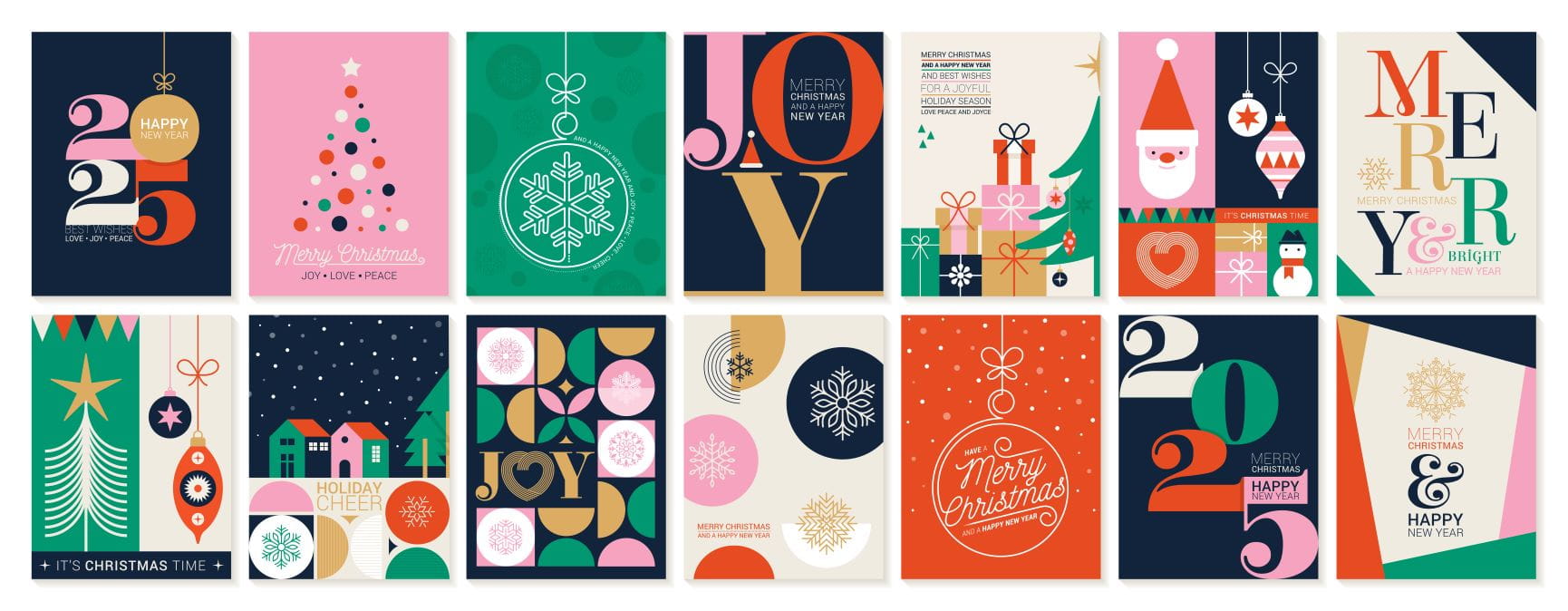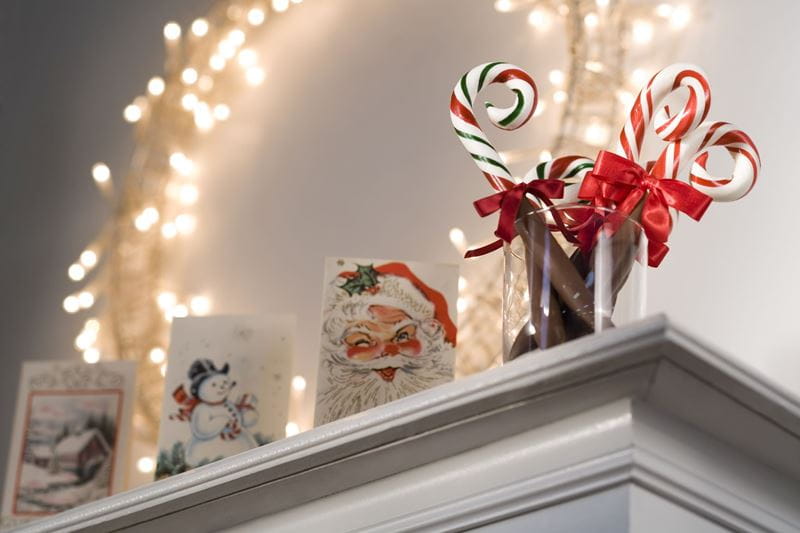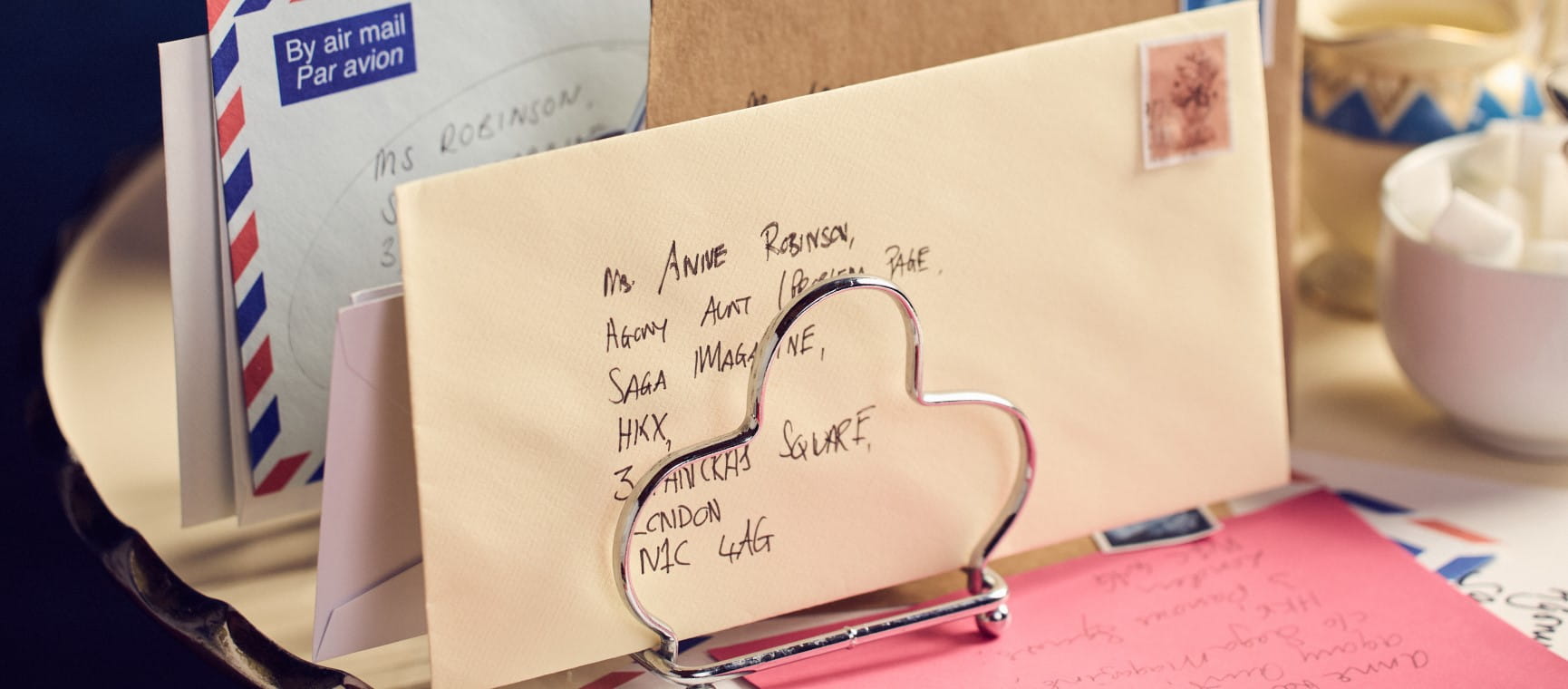
Christmas cards are heading for extinction, if you believe everything you read.
But that’s not how Saga customers view it: 94% still send cards – and a decent stack of them, too. One in five (21%) send more than 50 every year, and the most frequent number sent is 20–30 (23%).
It’s true, though, that many are cutting back: 82% of you received fewer cards last year. And 54% of our 3,000 survey respondents say they plan to send fewer this year, although encouragingly only 44% of our youngest cohort aged 50–60 are planning to cut back (although they do send fewer cards in total than older customers).
Why the slimming down? The two main reasons cited are losing touch with people or the death of recipients (65%) and postage costs (67%).
Hardly surprising, says Nick Agarwal of the Greeting Card Association, when you consider that the cost of a first class stamp has pretty much doubled (85p to £1.65) in two years.
And even a second class stamp, whose price is protected by Ofcom, is now 85p.
“Despite the challenges, it’s a myth that Christmas cards are on the way out – it’s a pretty solid market,” says Agarwal.
“Although the frequency has dropped a bit, in the UK, we send more cards than any other country on the planet by population.
“And we’re the only country in the world that uses our Christmas cards to decorate.”
Ah yes, the looping lengths of cards stapled to ribbons, or in card designer Grace Jackson’s case, Blu Tacked to doors.
“As soon as they arrived at breakfast, my mum would read them, and we’d stick them up right away,” says Grace.
“A good year was when you could cover the kitchen door, the dining room door, the living room door, and the door into the conservatory.
"My mum would send about 120, working from a list with columns ruled off each year.”

According to our survey, 90% use their cards to decorate, and 25% cut them up to use as gift tags next year.
Like Grace’s mum, who is 78, 90% of female Saga customers work from a list (only 68% of men do) – and woe betide anyone on the list who doesn’t send a card back. One in ten (12%) are struck off the list immediately.
Almost two thirds (62%) of you are more forgiving – you’ll write one the following year, but if you don’t get one back the year after, that’s it. It was the same in Grace’s house.
“If Mum hadn’t had one from them, she’d put a little cross. The next year they’d get one again, but if she still didn’t get one back, they were crossed off the list.”
When it comes to what you write in the cards, a simple greeting was favoured by most (72%, rising to 82% of those in their 50s).
Almost half (48%) write a short news update, although the over-70s were much more likely to do this than younger respondents.
A conscientious 14% write a separate letter and 10% send the much mocked (but probably secretly loved) printed round robin.
Writing and posting cards can seem a heavy burden at an already hectic time, but – if it makes anyone feel better – research shows exchanging cards creates an emotional connection that an email or text can’t, and makes the recipient feel worthwhile, valued and socially connected.
“Letters and cards have been found to boost positive emotions in both the receiver and sender,” says Professor Stephen Gallagher at the University of Limerick, whose research discovered a link between depression and people who don’t send Christmas cards.
Perhaps that’s why surveys have found that 18–24-year-olds are now sending more cards than they used to, not fewer.
So maybe there’s hope yet for the future of my strings of cards stapled to red ribbons, shedding their glitter like snow on the bemused cat sitting beneath.
Over a career spanning 30 years and counting, Rachel Carlyle has written features on news, health, family, education - and everything in between - for national newspapers and magazines. She’s Saga Magazine’s contributing editor and has also ghostwritten two bestselling health and lifestyle books for Penguin.
View author page
The ultimate guide to Saga Puzzles, full of technical tips, tricks and hints.

With the start of the new financial year on 6 April, our money expert explains the changes to your pension, benefits and taxes.





